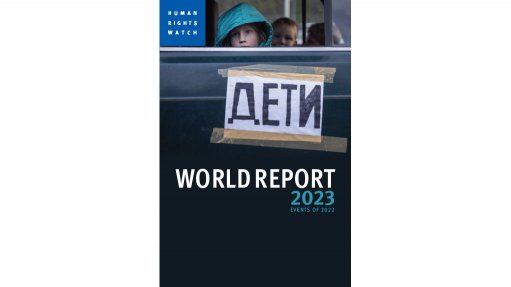
The obvious conclusion to draw from the litany of human rights crises in 2022—from Russian President Vladimir Putin’s deliberate attacks on civilians in Ukraine and Xi Jinping’s open-air prison for the Uyghurs in China to the Taliban’s putting millions of Afghans at risk of starvation —is that unchecked authoritarian power leaves behind a sea of human suffering. But 2022 also revealed a fundamental shift in power in the world that opens the way for all concerned governments to push back against these abuses by protecting and strengthening the global human rights system, especially when the actions of the major powers fall short or are problematic.
We have witnessed world leaders cynically trading away human rights obligations and accountability for human rights abusers in exchange for seeming short-term political wins. US presidential candidate Joe Biden’s principled pledge to make Saudi Arabia a “pariah state” over its human rights record was eviscerated once he was in office and facing high gas prices by his bro-like fist bump with Saudi Arabia’s Mohammed Bin Salman. And the Biden administration, despite its rhetoric about prioritizing democracy and human rights in Asia, has tempered criticism of abuses and increasing authoritarianism in India, Thailand, the Philippines, and elsewhere in the region for security and economic reasons, instead of recognizing that all are linked.
Of course, these kinds of double standards are not solely the purview of global superpowers. Pakistan has supported the United Nations high commissioner for human rights’ monitoring of abuses in Muslim-majority Kashmir, but owing to its close relationship with China, has turned its back on possible crimes against humanity against Uyghur and other Turkic Muslims in Xinjiang. Pakistan’s hypocrisy is especially glaring given its coordinator role of the 57-member Organisation of Islamic Cooperation.
Human rights crises do not arise from nowhere. Governments that fail to live up to their legal obligations to protect human rights at home sow the seeds of discontent, instability, and ultimately crisis. Left unchecked, the egregious actions of abusive governments escalate, cementing the belief that corruption, censorship, impunity, and violence are the most effective tools to achieve their aims. Ignoring human rights violations carries a heavy cost, and the ripple effects should not be underestimated.
Report by the Human Rights Watch